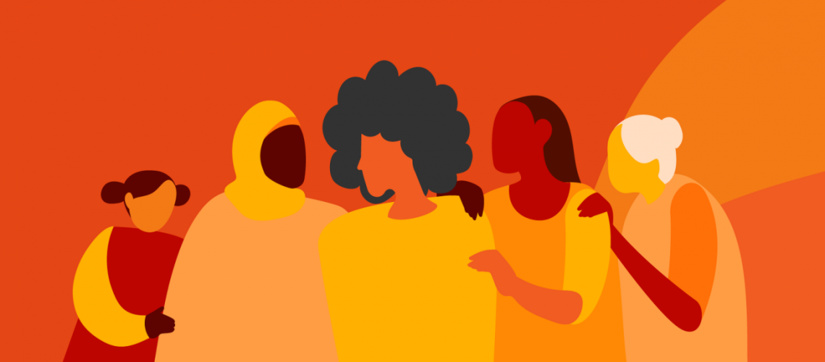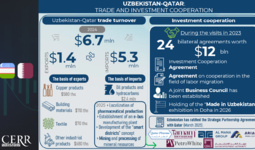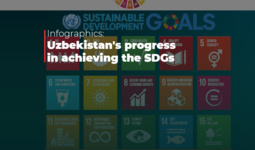Last month in Tashkent, I had a chance to participate in the online launch of a Global Campaign calling for an end to violence against women and girls. The event involved speakers from various government, non-government, and international organizations and focused on the impact of the COVID-19 pandemic on women and girls in Uzbekistan. It was frank, open, and, probably, one of the most inspiring meetings I have virtually attended during my first six months in Uzbekistan.
I was especially impressed by presentations made by female leaders of local NGOs, who spoke passionately about how their teams had been supporting victims of gender-based violence before and, importantly, during the COVID-19 pandemic. Despite the challenges of lockdowns, they ensured continuous services for hundreds of women and their children, and kept the doors of their shelters open for those in need across the whole country.
Since the outbreak of the pandemic, Uzbekistan has seen an increase in domestic violence. Alongside the economic hardships, which have caused income and job losses in many families, there has been an increasing rate of physical, verbal, emotional, economic, and sexual abuse against women and girls.
The official statistics on violence against women and girls in the country are not yet accessible. However, according to the Ministry of Internal Affairs, between January and October 2020, local law enforcement agencies issued more than 8,430 protection orders to ensure the security of such victims. Of them, 4,330 experienced physical abuse, while around 3,200 suffered from emotional abuse.
Behind all these numbers are untold stories of pain, humiliation, and fear experienced by the victims.
Gender-based violence knows no geographical, social, or economic boundaries, however, and needs to be addressed in both developing and developed countries. It is a global problem of pandemic proportions - 1 in 3 women experience physical or sexual violence in their lifetime. Less than 40% of victims seek help. And in more than 30 countries, there are still no laws specifically addressing domestic violence, meaning that men using violence against their wives face little risk of being prosecuted.
Cases of violence are not only devastating for victims but also entail significant social and economic costs.
Globally, gender-based violence has increased significantly in 2020 in most countries for which data is available. At the same time, women across the world have experienced decreased access to services, including vital sexual and reproductive health services, crisis centers, shelters, legal aid, and protection services during the pandemic. We cannot and should not allow this to go unnoticed and unaddressed!
This goal is even more important now when COVID-19 could widen gender gaps, reversing decades of gains for women and girls in areas like human capital, economic empowerment, and voice and agency.
Uzbekistan has begun to address these challenges. Since 2017, the country’s Parliament and Government have been making significant efforts to increase the economic and social inclusion of women, which were part of the transformative reform agenda launched after many years of stagnation and isolation from the outside world. They culminated in September 2019 with the passage of the two historic laws to guarantee women and men equal opportunities and to protect women from violence and oppression.
The law to protect women from violence establishes a legal basis for police complaints against gender-based violence, opening the door for the systematic protection of victims. Although violence against women is illegal under existing criminal laws, no provisions existed for the registration of gender-based violence cases, nor for measures that are recommended to support and protect victims.
The passage of the new legislation recognizes gender-based violence as a distinct type of criminal offense, and sets out special requirements for the registration, processing, and enforcement of these cases. Moreover, under this law, the Government has committed to providing support to affected women and girls, including free legal, economic, social, psychological, medical, and other services.
In January 2020, the Uzbek authorities approved measures to establish protection orders for victims of gender-based violence, enabling the respective state agencies to provide police and other support to those in need. The passage of these important implementation measures is one of the policy actions that will be backed under a Development Policy Loan that the World Bank’s Board of Executive Directors approved last week. We will work hard to help the Government implement the new law to better protect women and girls across the country.
I recall the words of one of the NGO leaders as she concluded her speech at the launch of the global campaign in Tashkent: “While we will spend the next 16 days amplifying the issue of gender-based violence, my call to all of you is to keep working on the protection of the rights of victims of domestic violence in Uzbekistan in the remaining 349 days of the year. All of us can contribute to this noble goal!”





















leave a comment